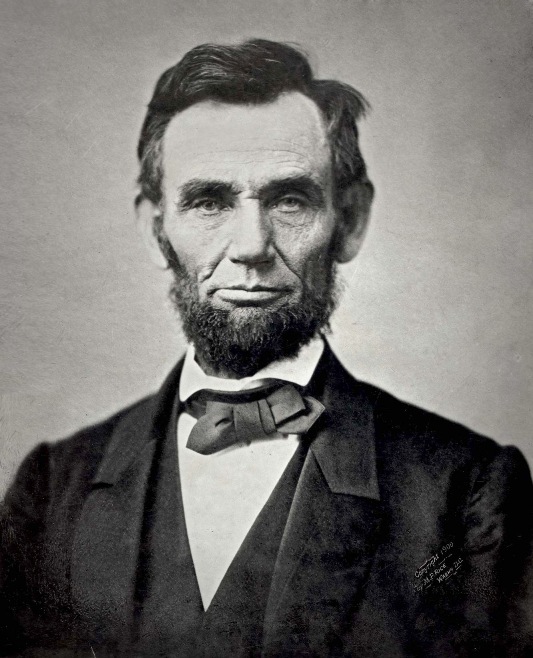The new Republicans, deliberately designed to evoke the memory of Jefferson, an anti-slaver, his attacks on slavery being eminently quotable.
Lincoln was a moral genius, such as is seldom seen in life and hardly ever at summit of politics.
Lincoln had a huge will when intellectually roused to a moral cause. This sprang from a compulsive sense of duty. He was obliged to reenter politics because he was an anti-slavery campaigner. In the second half of the 1850s, the slavery issue came to dominate American politics to the exclusion of almost everything else. Each time the issue was raised, and Lincoln was obliged to ponder it, the more convinced he became that the United States was uniquely threatened by the evil. In those circumstances, Lincoln felt he had an inescapable duty to use them in the Union's defense. The Protestant campaigners of the North see slavery in religious terms, as the 'organic sin' of the Union. Those close to him agreed he had no religious beliefs in the conventional sense. His wife said: 'Mr Lincoln had no faith and no hope in the usual acceptation of those words. He never joined a church. But still, I believe, he was a religious man by nature.'
Lincoln believed in God. He was opposed to slavery as an affront to man's natural dignity. In his boyish and youthful reading, he had conceived great hopes of the United States, which he now feared for. He wrote: 'Our progress in degeneracy appears to me to be pretty rapid. As a nation we began by declaring that "all men are created equal." We now practically read of "all men are created equal except negroes." The state of America caused him anguish. He said to Herdon: 'How hard it is to die and leave one's country no better than if one had never lived for it!

